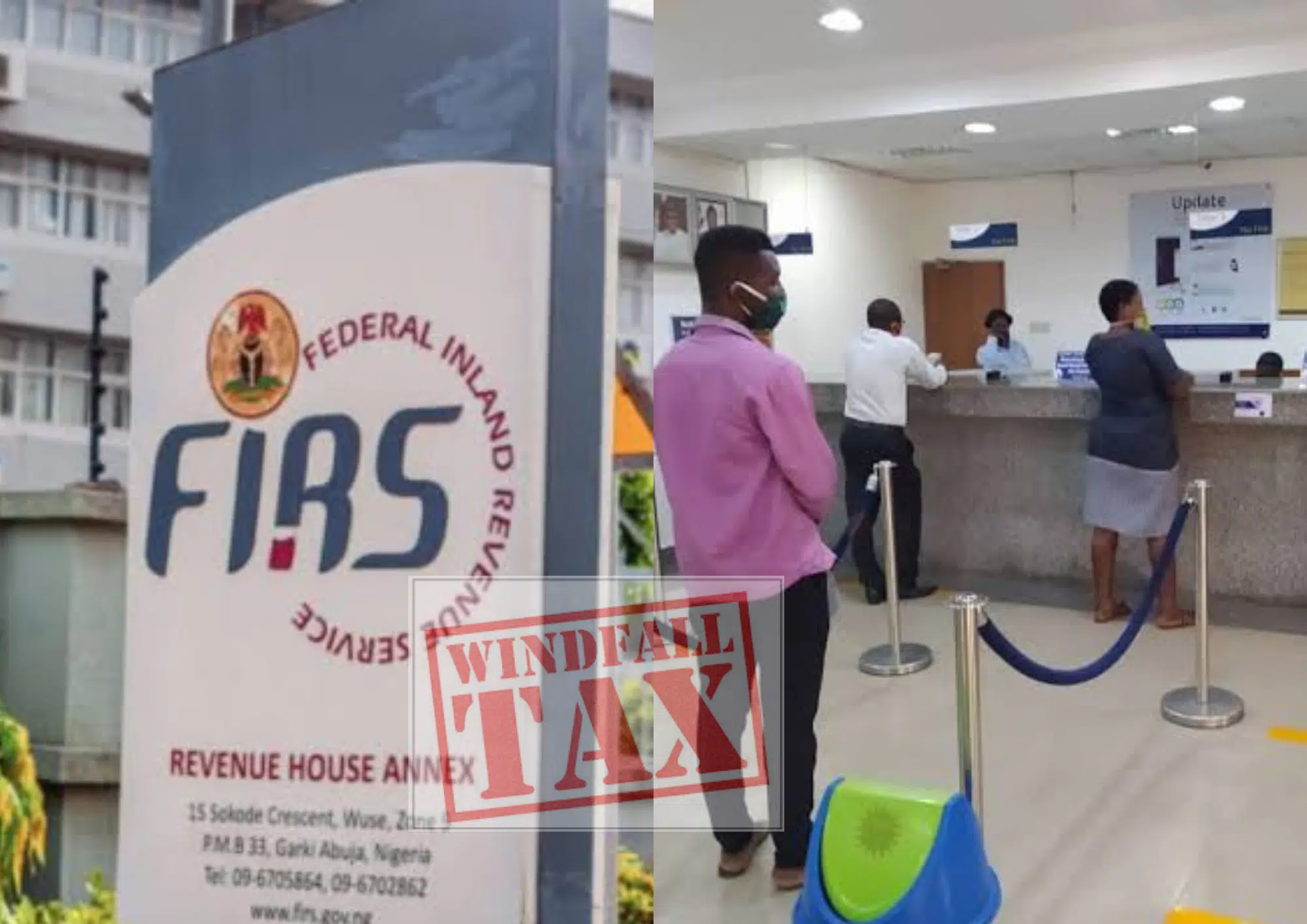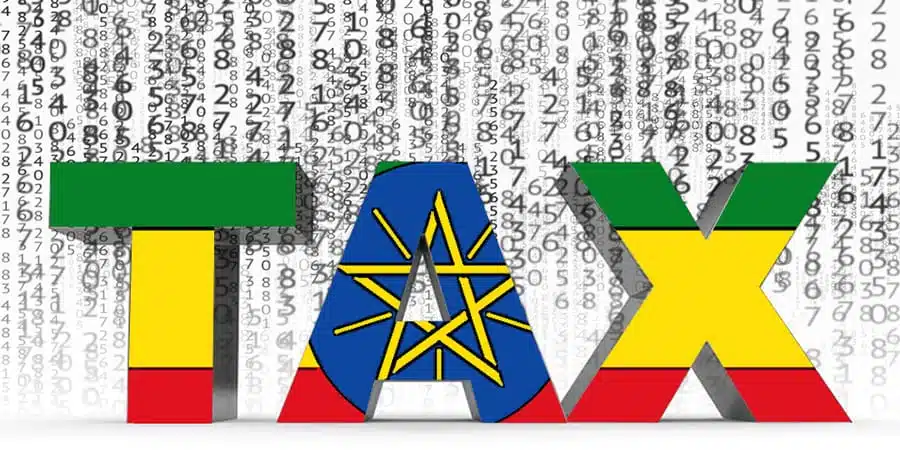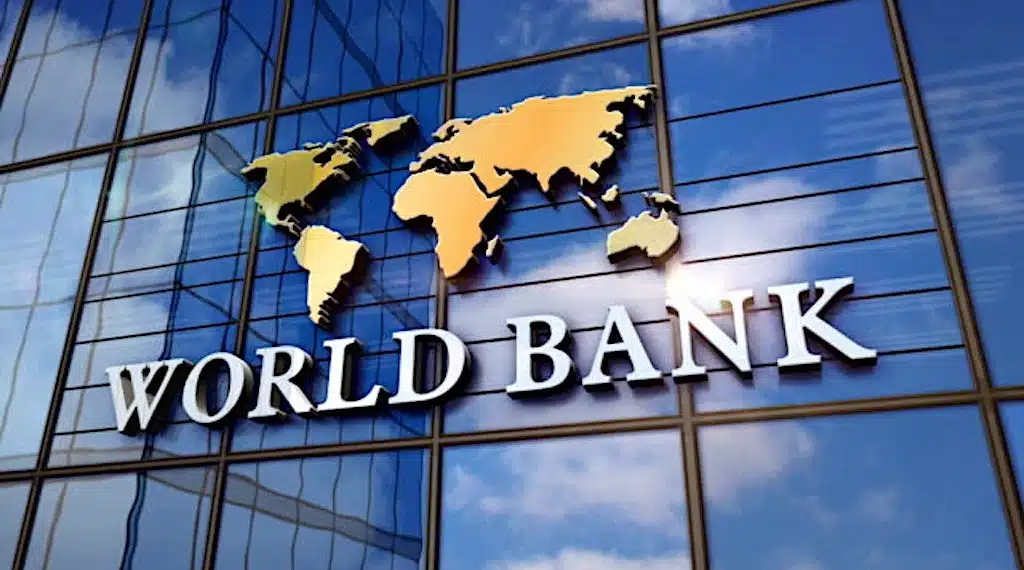The windfall tax in Nigeria introduced in July 2024 has created a lot of debate, especially concerning double taxation. The government introduced this 70% tax on profits from foreign exchange gains made by banks after the naira devaluation in June 2023. While the government sees this as a way to raise revenue, banks argue that it’s unfair because they are being taxed twice on the same income.
This is because banks already pay 30% tax on their profits, including the money they make from foreign exchange. But with the windfall tax, they have to pay an additional 70% on the same profits. This means the same money is taxed under two different rules, which many feel is unfair.
Another problem is that the government wants to apply the tax to profits made in 2023, even though the bill won’t pass until 2024. This makes it difficult for banks to plan and adds confusion to the financial environment. Businesses need stability, and this sudden, backward-looking tax policy makes it harder for them to operate.
In theory, this tax is meant to help raise money for the government to balance the economy. However, there are issues. Banks are pushing back against the numbers provided by the Federal Inland Revenue Service (FIRS) and are questioning how much they owe. This disagreement has caused delays, and two weeks after the deadline, banks are still not paying.
The current situation shows weaknesses in Nigeria’s tax system. The country already struggles with a difficult business environment. Nigeria is ranked 131st in the world for ease of doing business, and this tax fight adds to the confusion. Investors need certainty, and this ongoing dispute makes Nigeria less attractive for business. If businesses aren’t sure about the tax system, they may hesitate to invest or expand in the country.
In the short term, the windfall tax could hurt the banking sector. In 2023, Nigeria’s four largest banks—Access Bank, Zenith Bank, GTBank, and UBA—saw huge profits from foreign exchange gains. These banks made a combined N8 trillion in 2023, with profits jumping by 200%. But if they are forced to pay the windfall tax or pass the cost onto customers, it could make banking services more expensive. Small businesses that rely on affordable banking services might struggle, leading to higher costs for them and possibly fewer job opportunities.
From the government’s perspective, the windfall tax is a way to raise funds for important projects without increasing taxes across the board. However, if businesses see the tax system as too complicated or unfair, they might hesitate to invest or expand in Nigeria.
For Nigeria to grow its economy, the government needs to make the tax system clearer and fairer. It’s important to create a system where businesses can contribute to public funds without feeling overburdened. The windfall tax shows that there’s a need for tax reforms that avoid double taxation and create a stable environment for businesses to thrive. A fair balance between raising revenue and supporting businesses must be found.






